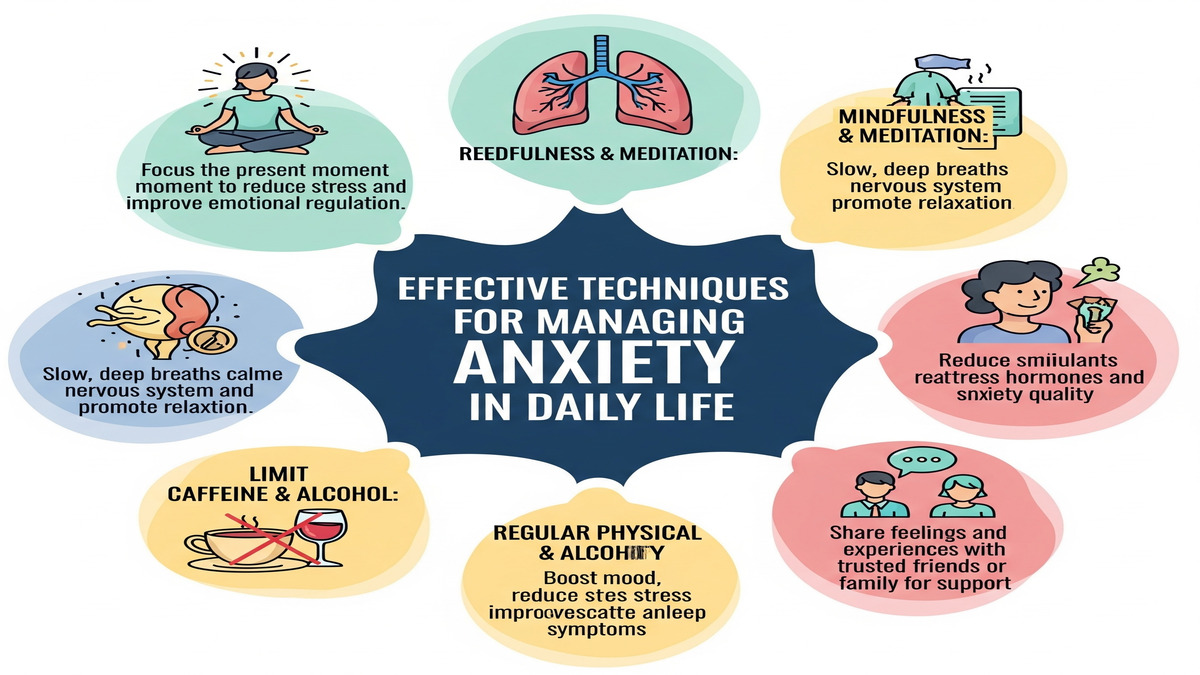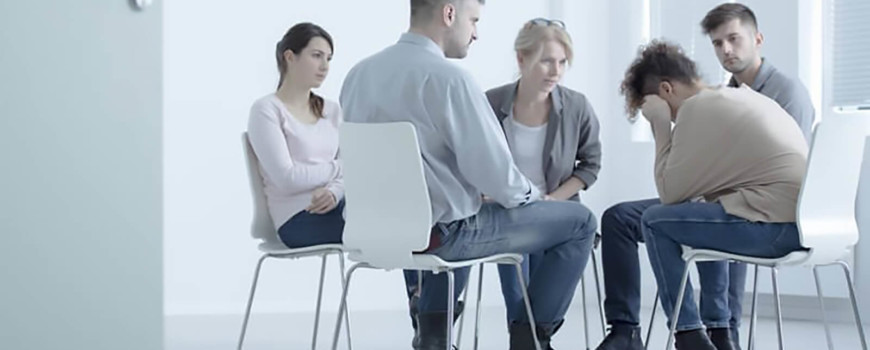Managing feelings of anxiety is a common goal for many people navigating the pressures of modern life. Developing certain techniques can help you respond to these feelings and maintain a sense of balance. Integrating specific habits and routines into your daily schedule may provide structure and support, helping you manage periods of unease. Understanding practical methods for addressing anxiety through daily habits, physical activity, and improved sleep may aid in the management of feelings.
What Daily Habits Reduce Anxiety?
Incorporating consistent, mindful habits into your routine may help regulate your response to anxiety. These practices provide structure and a sense of control, which can be grounding when you feel overwhelmed. Simple, repeatable actions create predictability, allowing your mind to find calm amidst daily uncertainties. You can start by introducing small, manageable changes to your daily routine.
Certain habits can be particularly beneficial.
- Mindfulness and Meditation: Setting aside time for mindfulness involves focusing on your breath and observing your thoughts without judgment. This practice helps create distance from anxious feelings.
- Journaling: Writing down your thoughts and feelings can help you identify patterns and triggers related to your anxiety. This externalizes your worries, making them feel more manageable.
- Structured Time Management: Organizing your day with a schedule or to-do list may reduce feelings of being overwhelmed. Breaking down large tasks into smaller steps makes them less daunting.
Cultivating these habits provides you with a personal toolkit to draw from when anxiety arises. The consistency of these practices is what builds their effectiveness over time. By dedicating a small part of your day to these activities, you actively participate in your own well-being and build resilience against stress.
How Does Physical Activity Ease Stress?
Regular physical activity is a well-documented method for managing stress and anxiety. When you exercise, your body releases endorphins, which are chemicals that can improve your mood. Movement also provides a healthy distraction from the cycle of negative thoughts that often accompanies anxiety. It redirects your focus to your body and its motions.
Engaging in activities such as brisk walking, jogging, cycling, or yoga can have a positive impact. Even short bursts of activity, like a 15-minute walk during a lunch break, can help clear your head. The key is finding a form of movement you enjoy, which makes it easier to stick with it consistently. Consistency reinforces the benefits, making physical activity a reliable tool for stress management.
What Role Does Sleep Quality Play?
The relationship between sleep and anxiety is bidirectional; anxiety can disrupt sleep, and poor sleep can heighten feelings of anxiety. A lack of restful sleep can impair your cognitive functions and emotional regulation, making you more susceptible to stress. Prioritizing sleep is a foundational step in managing your mental well-being.
To improve your sleep quality, you can establish a relaxing bedtime routine. This might include turning off electronic devices an hour before bed, reading a book, or taking a warm bath. Creating a comfortable sleep environment that is dark, quiet, and cool also supports deeper rest. Aiming for a consistent sleep schedule, even on weekends, helps regulate your body’s internal clock.
Consult a Specialist
While self-help techniques may be effective for managing everyday anxiety, professional guidance may be necessary if anxiety consistently disrupts your daily life, relationships, or work. A qualified therapist or counselor can help you uncover the root causes of your feelings and create a personalized strategy for coping. They provide a supportive space to explore your experiences and offer structured approaches to address your challenges. Seeking professional help is a proactive step toward long-term well-being, equipping you with tools and perspectives to manage anxiety more effectively.





